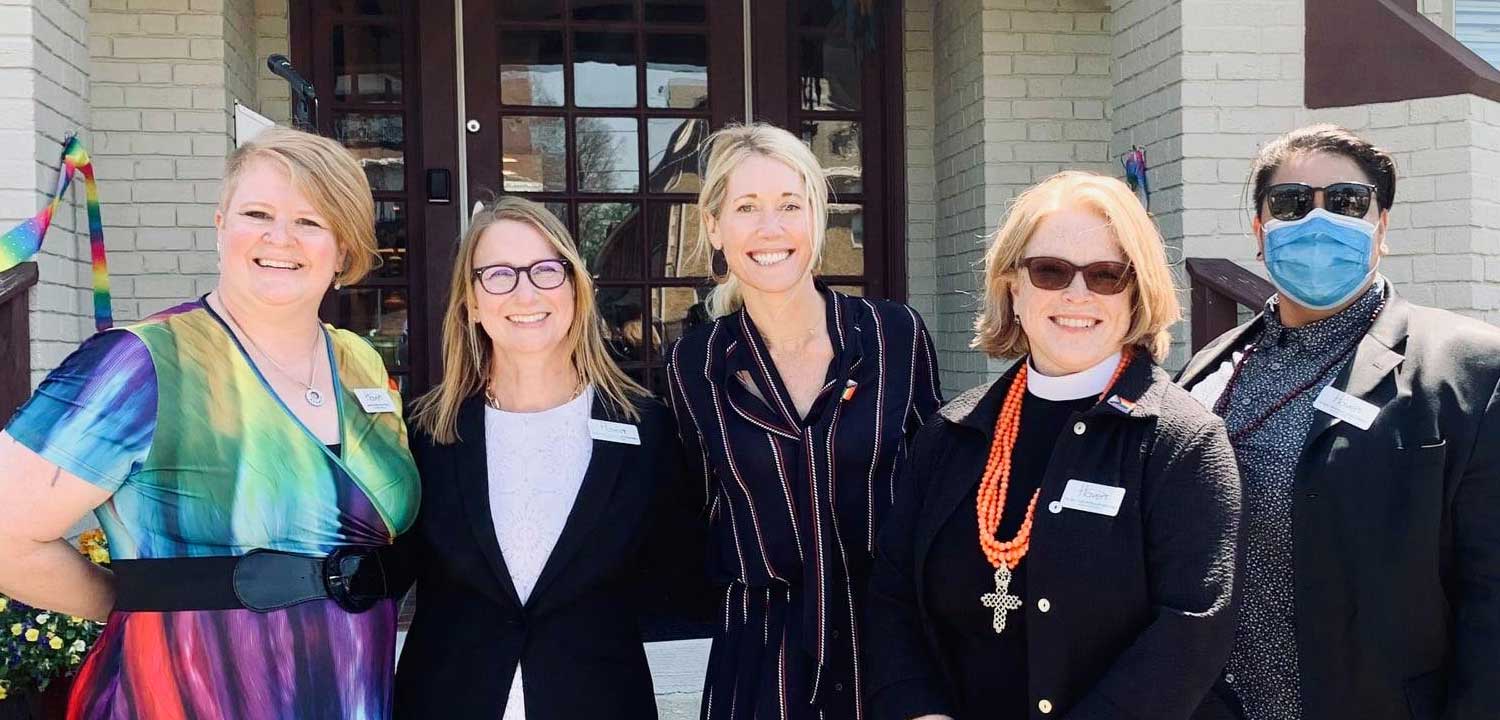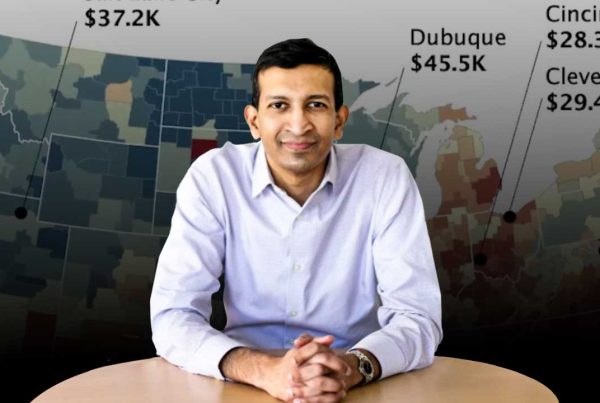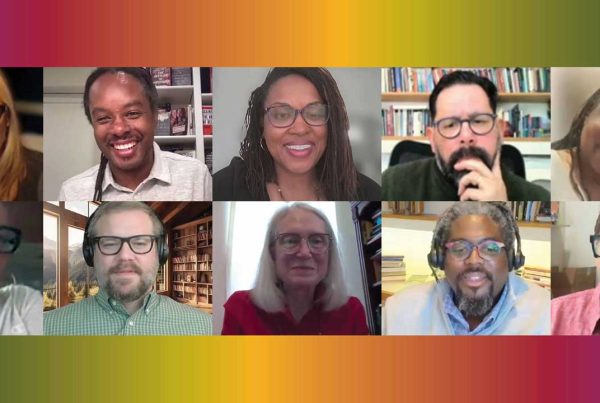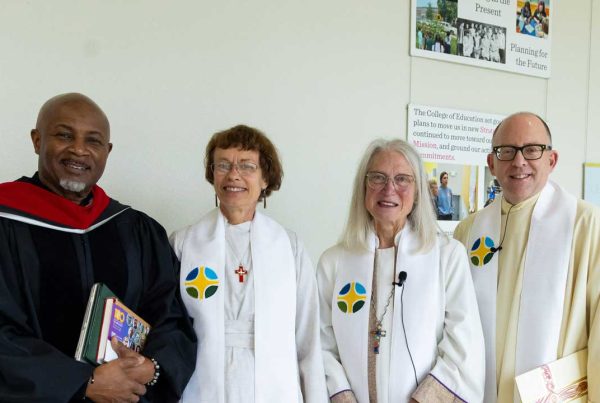Change the Narrative – Save LGBTQ Youth
by Lindsey Nell Rabinowitch
Director of the Faith & Action Project
A 2021 national survey by the nonprofit The Trevor Project revealed that 94% of LGBTQ youth felt that their mental health has been affected negatively by recent politics.
That would suggest that Indiana’s LGBTQ youth have experienced some very dark days over the last few weeks.
Indiana lawmakers have proposed two pieces of legislation – HB 1608, the “Don’t Say Gay” bill that controls what educators can say and do regarding LGBTQ students, and SB 480, which would block gender transition services for minors – that directly affect the lives of LGBTQ young people, a process that, at turns, has fed and been fed by an increasingly negative public narrative, which no doubt simply adds to the pain within that more-than-9-out-of-10 segment of LGBTQ young people.
It’s a pain that the rest of us ignore at our children’s peril.
Consider a few more data points: That Trevor Project study also showed that more than two-fifths of LGBTQ youth seriously considered attempting suicide in the year prior to the survey, and 30% had experienced food insecurity in the previous month. Here in Indianapolis, we know that an estimated 72 LGBTQ youth are homeless on any given night, with more than two-thirds of those youth saying their homelessness is a product of their family’s rejection of their sexual orientation or gender identity.
The message seems clear: Trying to block children from their sexual orientation and gender identity puts their mental health, general well-being and, literally, lives at stake.
What are we to do?
One Faith & Action grant recipient offers a model for action. Trinity Haven offers housing to LGBTQ young adults who have found themselves homeless or living in unsafe or unaffirming situations. The goal is not only to give them a place to stay, but to give them a base from which to pursue their educations, develop skills, cultivate supportive networks, and more. Most important, they receive all of this in an environment that honors and affirms who they are.
Certainly, we can’t all operate as Trinity Havens, but we can embrace some attributes that make it work. Following are some suggestions.
- Reject the damaging narrative. To flourish, young people need supportive communities. By vocally rejecting inhibiting narratives, we show young people that they have that community.
- Be proximate. It’s hard to tolerate a damaging rhetoric when you have a relationship with someone who is directly affected by it. Volunteer with organizations that help LGBTQ youth. Talk with groups that support them. Build relationships with the LGBTQ community. As author and justice activist Bryan Stevenson told a Faith & Action audience last October, “In proximity you’ll understand your capacity to be an agent of love in the world… You’ll understand your power to make a difference in the world.”
- Recognize the impact. Just as the data quoted above shows how damaging a negative environment can be, another stat shows that positive impact is possible. The Trevor Project found that transgender and nonbinary youth whose pronouns are respected by the people they live with attempted suicide at half the rate of those who did not have their pronouns respected by the people they lived with.
- Stand with the ones who help. Align with congregations that are welcoming to all. Support organizations like Trinity Haven that help LGBTQ youth. Be a presence when they need visible support. Show the LGBTQ youth that the people who are speaking out in hate are the minority.
- Create safe spaces. Let it be known that your congregation, your organization, your business, and your home are welcoming spaces where people will be accepted as they are.
In some ways, these actions could seem small, but their impact could be mighty. “One supportive adult in the life of a queer youth can change the course of that life significantly,” says Trinity Haven Executive Director Jenni White. “One person who uses the correct name and pronouns and allows that young person the space to figure out who they are without fear of judgment or hatred or violence can save a life.”
Adds Trinity Haven Host Homes Program Director Levi Wager, “With the ongoing Slate of Hate happening through our state legislation, it is reassuring to find faith and community leaders willing to stand up for the most vulnerable members of our state.”
As the Faith & Action Project has focused on fighting poverty and the forces that feed it, we have seen over and over that groups that are marginalized by race, ethnicity, zip code and, yes, gender identity and sexual orientation are the groups most likely to experience poverty and the countless challenges that come with it. As such, we know that this assault on the LGBTQ youth of Indiana threatens to have repercussions that will last decades and affect an increasing number of people. Join with CTS and others in the community to stop it now.






